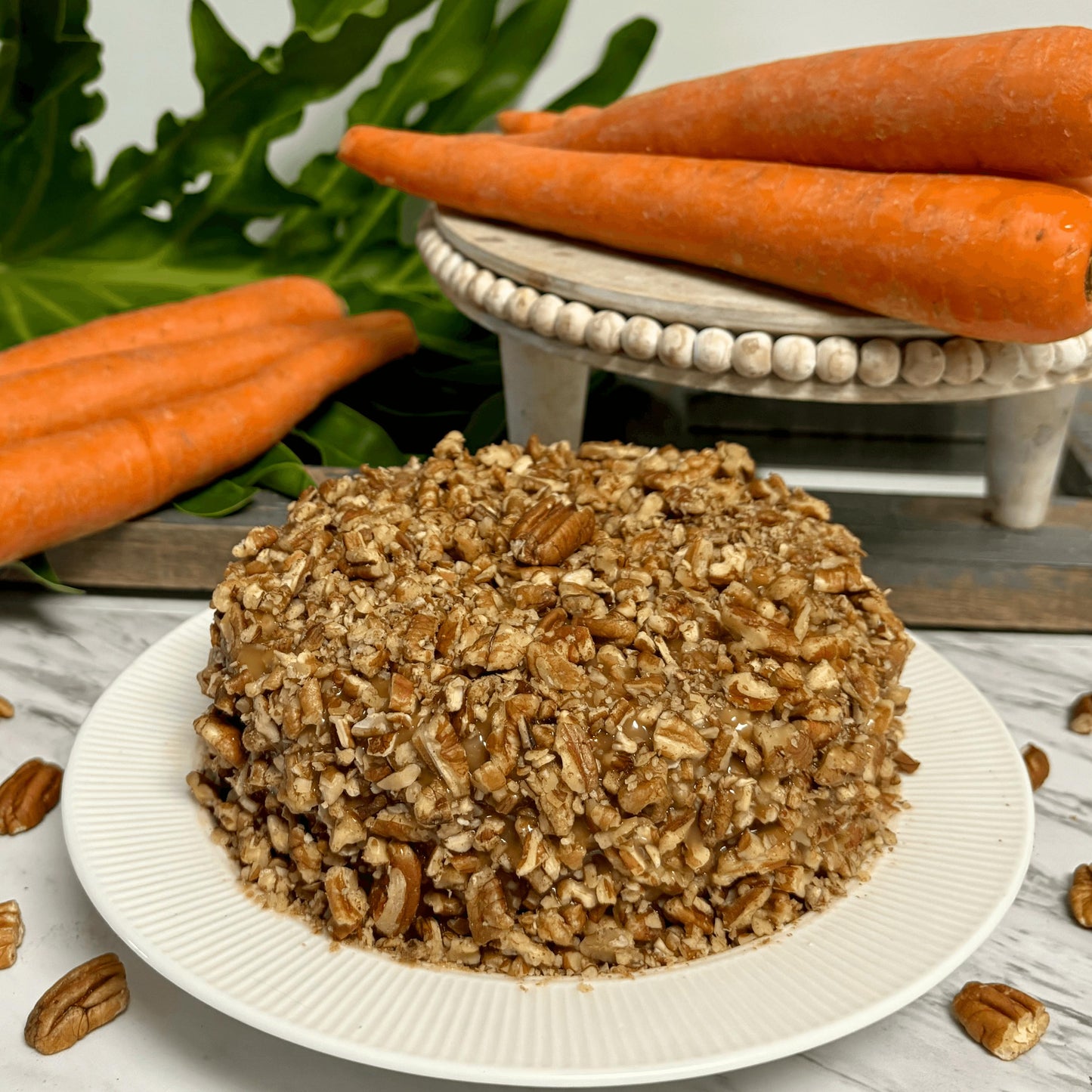
Nutrition, the cornerstone of health, entails more than just the consumption of food. It is a complex interplay of biochemistry, physiology, and the food we ingest, having significant implications for our overall well-being [1]. Today, an ever-growing body of research echoes the pivotal role of nutrition in maintaining health, preventing diseases, and managing chronic conditions. Alongside, there has been a shift towards sustainable eating practices, highlighting the integral link between human health and environmental sustainability. This paper aims to elucidate the intricate correlation between diet, health, and disease prevention, while also presenting a one-week dietary plan based on the EAT-Lancet report to illustrate a practical, evidence-based approach towards healthful and sustainable eating.
A balanced diet, replete with essential macronutrients (proteins, carbohydrates, and fats) and micronutrients (vitamins and minerals), serves as the foundation of good health. It fuels our bodies, supports cellular function, and fortifies our immune systems [2]. However, the power of nutrition extends beyond these fundamental roles. Substantial evidence from epidemiological studies affirms a robust association between dietary practices characterized by high intake of processed foods, refined sugars, unhealthy fats, and red and processed meats and the risk of chronic diseases such as heart disease, type 2 diabetes, obesity, and certain types of cancer [3, 4]. Conversely, healthful diets abundant in whole grains, fruits, vegetables, lean proteins, and healthy fats have been shown to reduce the risk of these diseases [5, 6].
For example, the Mediterranean diet, known for its emphasis on plant-based foods, healthy fats, and lean proteins, is associated with lower incidences of heart disease and diabetes [7, 8]. Similarly, the traditional Japanese diet, rich in fish, soy, and vegetables, has been linked to lower rates of heart disease and longer lifespans [9, 10].
One of the significant ways in which diet influences health is through its impact on body weight. The obesity epidemic is largely driven by overconsumption of energy-dense, nutrient-poor foods and a lack of physical activity [11]. Obesity is linked to a host of health problems, including cardiovascular diseases, type 2 diabetes, and certain types of cancer [12, 13]. Even modest weight loss can lead to significant health benefits in obese individuals [14].
The role of diet in maintaining gut health is another important aspect. The human gut microbiota plays a vital role in nutrient absorption, immunity, and even mental health [15, 16]. Dysbiosis, or imbalance in the gut microbiota, has been associated with several health problems, including obesity, diabetes, inflammatory bowel disease, and neurodegenerative disorders [17, 18]. A diet rich in fiber and fermented foods can help promote a healthy gut microbiota [19, 20].
Nutrigenomics, which explores the interaction between diet and genes, offers further insight into the relationship between diet and disease [21]. As we continue to decode the human genome, personalized nutrition, catering to an individual’s genetic predisposition, could become a critical part of disease prevention and treatment [22, 23].
The interplay of diet with other lifestyle factors such as physical activity, sleep, stress, and smoking, can also influence health [24, 25]. For example, a diet high in caffeine or alcohol can interfere with sleep patterns, while chronic stress can influence dietary choices [26, 27].
Our food system also plays a critical role in our diet and health. Sustainable diets, emphasizing locally sourced, seasonal, and plant-based foods, can promote both human and planetary health [28, 29]. The recent EAT-Lancet report on food, planet, health offers comprehensive global dietary guidelines to prevent chronic diseases and environmental degradation [30].
However, challenges persist in translating nutrition science into practical dietary guidelines and promoting adherence to healthy dietary practices. Socioeconomic factors and the marketing strategies of the food industry often make access to healthy food and making healthy dietary choices challenging [31, 32]. This underscores the urgent need for comprehensive public health initiatives to promote healthy dietary practices, improve food access, provide nutrition education, regulate food marketing, and incentivize research in nutrition science [33, 34].
In conclusion, the correlation between diet, health, and disease prevention is evident and multifaceted. While challenges remain in aligning dietary habits with health, advances in nutrition science hold promise for exciting possibilities, signaling a shift towards personalized, preventive, and sustainable nutrition [35, 36]. As Hippocrates rightly said, "Let food be thy medicine, and medicine be thy food."
In light of the powerful impact of dietary habits on health, we include a one-week nutrition plan based on the EAT-Lancet Commission's planetary health diet. This dietary approach emphasizes a variety of nutrient-dense, plant-based foods while also considering environmental sustainability. The provided diet plan offers a practical illustration of how these principles can be integrated into everyday meals, reflecting the symbiosis of individual health, population health, and planetary health.
Day 1
- Breakfast: Overnight oats with mixed berries, chia seeds, and a dollop of Greek yogurt.
- Lunch: Whole grain sandwich with hummus, avocado, tomatoes, cucumbers, and sprouts.
- Dinner: Grilled salmon with a side of quinoa and steamed broccoli.
- Snacks: Handful of almonds, apple.
Day 2
- Breakfast: Whole grain toast with avocado and poached eggs.
- Lunch: Lentil soup with a side of mixed greens salad.
- Dinner: Baked chicken with sweet potatoes and sautéed spinach.
- Snacks: Baby carrots with hummus, orange.
Day 3
- Breakfast: Smoothie made with spinach, banana, blueberries, and a scoop of protein powder.
- Lunch: Quinoa salad with mixed vegetables, chickpeas, and a lemon vinaigrette.
- Dinner: Baked cod with a side of brown rice and grilled asparagus.
- Snacks: Greek yogurt with a sprinkle of granola, pear.
Day 4
- Breakfast: Whole grain cereal with skim milk and a banana.
- Lunch: Tuna salad with whole grain crackers.
- Dinner: Stir-fried tofu with mixed vegetables and brown rice.
- Snacks: Handful of walnuts, grapes.
Day 5
- Breakfast: Scrambled eggs with tomatoes, spinach, and a slice of whole grain bread.
- Lunch: Whole grain wrap with grilled chicken, lettuce, and Greek yogurt dressing.
- Dinner: Baked salmon with a side of quinoa and steamed vegetables.
- Snacks: Celery sticks with peanut butter, apple.
Day 6
- Breakfast: Greek yogurt with mixed berries and a sprinkle of granola.
- Lunch: Bean salad with mixed greens and a vinaigrette dressing.
- Dinner: Grilled chicken with sweet potatoes and a side salad.
- Snacks: Handful of mixed nuts, orange.
Day 7
- Breakfast: Oatmeal with sliced bananas, a sprinkle of cinnamon, and a drizzle of honey.
- Lunch: Whole grain pasta salad with mixed vegetables and feta cheese.
- Dinner: Baked fish with a side of brown rice and steamed vegetables.
- Snacks: Baby carrots with hummus, apple.
This dietary plan is flexible and can be adjusted according to individual preferences and dietary requirements. It's important to remember to stay hydrated by drinking plenty of water throughout the day, and to adjust portion sizes based on activity levels and specific dietary needs.
References
- Whitney E, Rolfes SR. Understanding Nutrition. 14th ed. Belmont, CA: Wadsworth Cengage Learning; 2015.
- Krebs NF, Primak LE. Comprehensive Handbook of Iodine: Nutritional, Biochemical, Pathological and Therapeutic Aspects. Elsevier Inc.; 2009.
- Micha R, Peñalvo JL, Cudhea F, Imamura F, Rehm CD, Mozaffarian D. Association Between Dietary Factors and Mortality From Heart Disease, Stroke, and Type 2 Diabetes in the United States. JAMA. 2017;317(9):912-924.
- Bouvard V, Loomis D, Guyton KZ, et al. Carcinogenicity of consumption of red and processed meat. The Lancet Oncology. 2015;16(16):1599-1600.
- Aune D, Keum N, Giovannucci E, et al. Whole grain consumption and risk of cardiovascular disease, cancer, and all cause and cause specific mortality: systematic review and dose-response meta-analysis of prospective studies. BMJ. 2016;353:i2716.
- Afshin A, Micha R, Khatibzadeh S, Mozaffarian D. Consumption of nuts and legumes and risk of incident ischemic heart disease, stroke, and diabetes: a systematic review and meta-analysis. Am J Clin Nutr. 2014;100(1):278-288.
- Estruch R, Ros E, Salas-Salvadó J, et al. Primary Prevention of Cardiovascular Disease with a Mediterranean Diet Supplemented with Extra-Virgin Olive Oil or Nuts. N Engl J Med. 2018;378(25):e34.
- Esposito K, Maiorino MI, Bellastella G, Chiodini P, Panagiotakos D, Giugliano D. A journey into a Mediterranean diet and type 2 diabetes: a systematic review with meta-analyses. BMJ Open. 2015;5(8):e008222.
- Kurotani K, Akter S, Kashino I, et al. Quality of diet and mortality among Japanese men and women: Japan Public Health Center based prospective study. BMJ. 2016;352:i1209.
- Odegaard AO, Koh WP, Yuan JM, Gross MD, Pereira MA. Dietary patterns and mortality in a Chinese population. Am J Clin Nutr. 2014;100(3):877-883.
- Swinburn BA, Sacks G, Hall KD, et al. The global obesity pandemic: shaped by global drivers and local environments. Lancet. 2011;378(9793):804-814.
- Guh DP, Zhang W, Bansback N, Amarsi Z, Birmingham CL, Anis AH. The incidence of co-morbidities related to obesity and overweight: a systematic review and meta-analysis. BMC Public Health. 2009;9:88.
- Calle EE, Rodriguez C, Walker-Thurmond K, Thun MJ. Overweight, obesity, and mortality from cancer in a prospectively studied cohort of U.S. adults. N Engl J Med. 200




